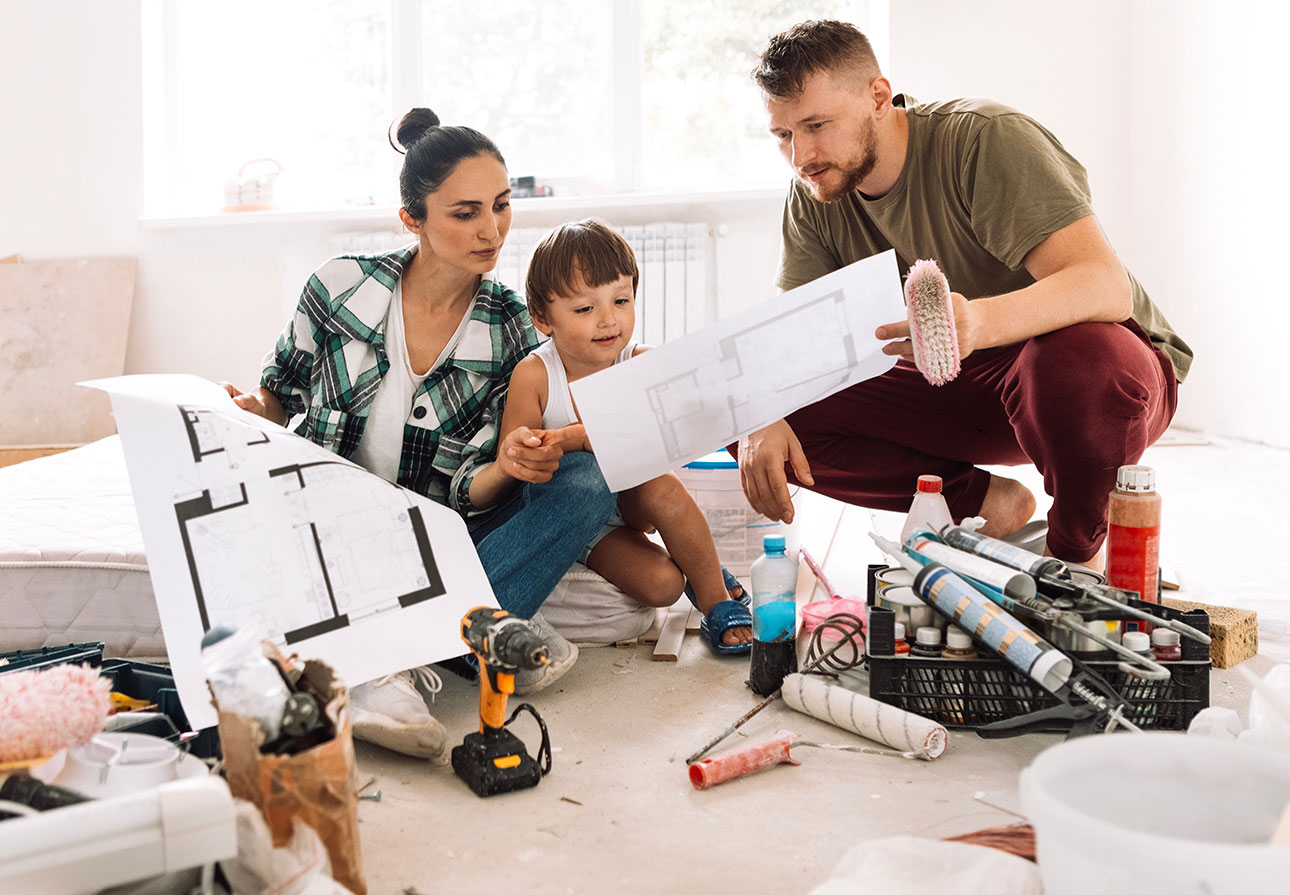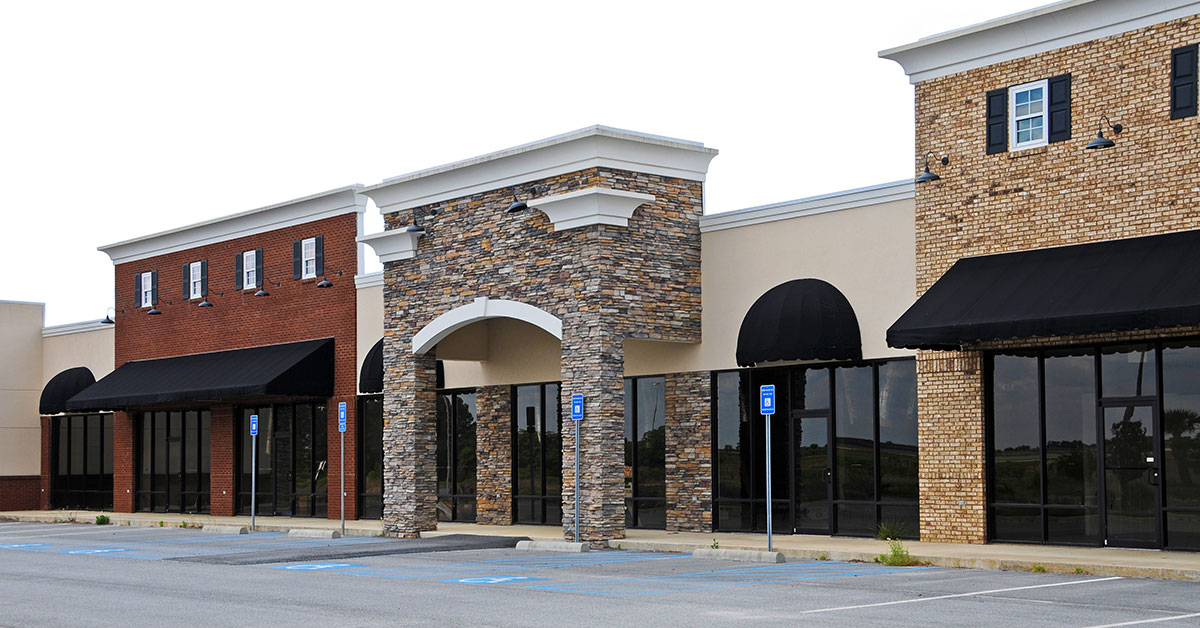
6 Tips When Preparing to Buy your 1st Home
Buying a home can seem like a complicated process, especially if you are a first-time buyer. Buying a home isn’t as easy as finding your dream home for sale, writing a check, and moving in. Even when market factors indicate it's a buyer’s market, it's always a good idea to do your research and proceed carefully. After all, purchasing a home is one of the biggest investments you will ever make. This is why before taking the leap into your first home, you should take some time to review several factors, including what your financial health looks like, how much you can afford, and how much you have put away for a down payment. Purchasing a home is a huge commitment, but ultimately it is a worthwhile investment for your future.
With that said, here are some smart moves and tips you can utilize while you are preparing to purchase your first home.
1. Check Your Credit Score and Work on It
As a first-time buyer, the first step you need to take is to check your current credit score. Gaining an understanding of your credit report will not only help you improve your credit score over time, but it will also help you in other aspects of life. Lenders look at your credit score to help determine whether you can qualify for a mortgage and what interest rate they are willing to offer you. If your credit score is on the lower end of the scale, your interest rate may be higher, which means you will likely end up paying more for the house in the long run. A good credit score will allow you to secure a lower interest rate and ultimately lower mortgage payments.
Check your credit reports with all three agencies (Equifax, Experian, and TransUnion) to see where you are currently, and then you can begin to take measures to improve your score.
2. Start Saving Early
Mortgage down payments can start from 5%, with some options even offering no down payment. The 20% down payment that you may normally hear is the standard minimum as under that amount may carry an additional monthly fee in the form of Private Mortgage Insurance (PMI). Lenders use PMI to protect themselves in case you default on your loan, however there are first-time homebuyer programs that actually offer both no down payment and no PMI. In either case, it’s essential to have a little more in your savings in addition to your down payment. The extra money will allow you to pay for the other not-so-obvious costs to homebuying, including closing costs, appraisal fees, home inspections, moving expenses, and unexpected home repairs and upgrades.
3. Pay Off Small Debts
Buying a home is both a substantial financial commitment and an investment in your future. Your mortgage payment will impact your household budget for years to come, but since your monthly payments go directly to your home loan, you will be able to reap financial benefits down the line. When lenders consider your mortgage application, they will check your debt-to-income (DTI) ratio to ensure you can handle the mortgage payments and ultimately pay back the loan.
Paying down as much debt as you can before applying for a mortgage will help improve your credit score and reduce your DTI ratio, improving your chances of being approved for a mortgage loan with a great rate.
4. Don’t Skip Preapproval
While it is tempting to jump right into the house-hunting process, getting a preapproval letter before you start looking is crucial. A mortgage preapproval is proof of how much a lender is willing to loan you to buy a home, and it also outlines the specific terms of the loan. Having a preapproval in hand will improve your standing with sellers by showing them you will have the funds available to make the purchase making them more likely to accept your offer.
Furthermore, you’ll have a better understanding of how much home you can afford once you have a preapproval. This will help prevent you from falling in love with a home outside of your budget. On top of that, you’re less likely to run into last-minute delays or issues with your lender that could impact your ability to complete the purchase.

5. Work with a Real Estate Agent
It can be tempting to forego working with a realtor. After all, the seller probably has their own agent. However, getting a good real estate agent offers you a considerable advantage when house hunting, especially for first-time buyers. Real estate agents have an unparalleled understanding of the housing market and can help you find a home in your price range that fits all your needs and wants.
More importantly, an agent can help you negotiate the price, closing terms and walk you through the purchase process. This expert advice can help you get a better deal than you likely could have scored on your own.
6. Hire an Inspector
Purchasing a home is an expensive process, from mortgage application fees to legal and closing costs. So, why would you fork over hundreds more for a home inspection?
A quality home inspection allows you to learn about your potential new home's major and minor issues before purchasing it. It makes you aware of what costs, repairs, and maintenance the house will require immediately or in the near future. An inspection can also uncover potentially life-threatening issues like mold and faulty wiring. In addition, most lenders require a home inspection to be performed as part of the loan terms. This condition protects both you and the lender by ensuring there are no major or expensive issues that could hinder your ability to repay the loan. Getting a home inspection also provides you with an opportunity to back out of the offer to buy if you're not comfortable with the inspector’s findings.
Buy Your First Home with Community First
Community First Credit Union has a team of lending experts to help you through the entire purchasing process from preapproval to closing. Learn about our First-Time Homebuyer Program or contact us to get started on your home buying journey today!









